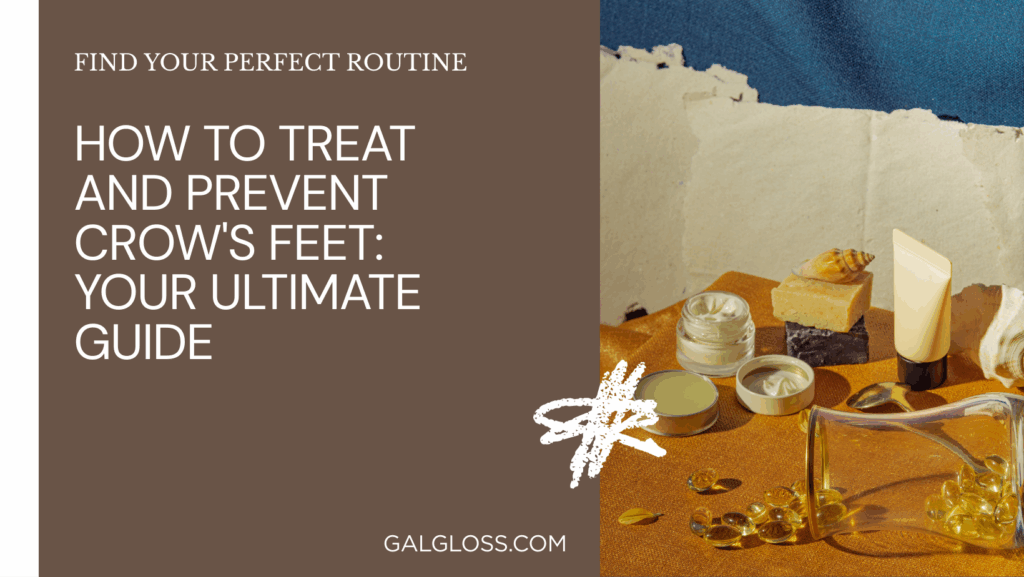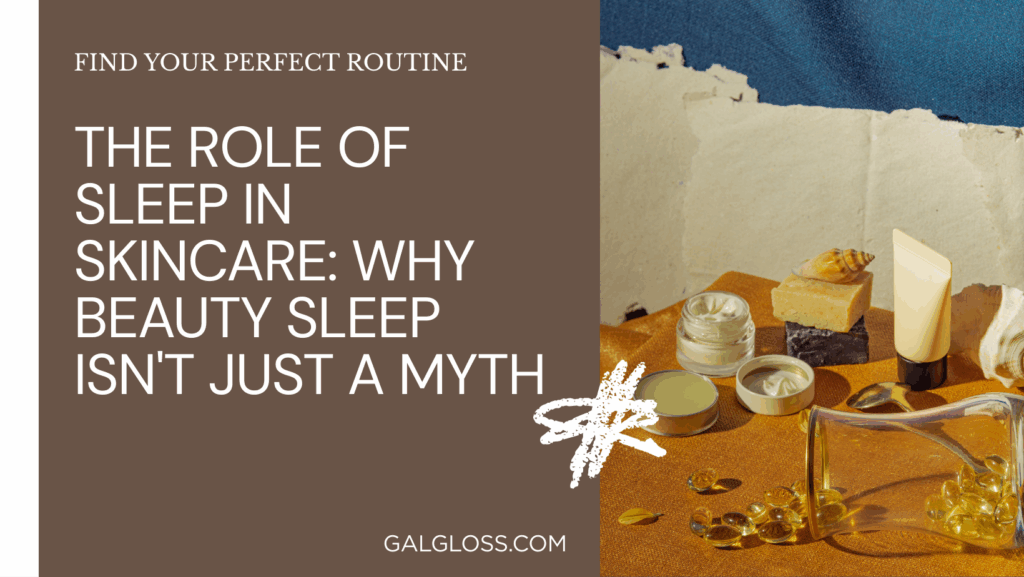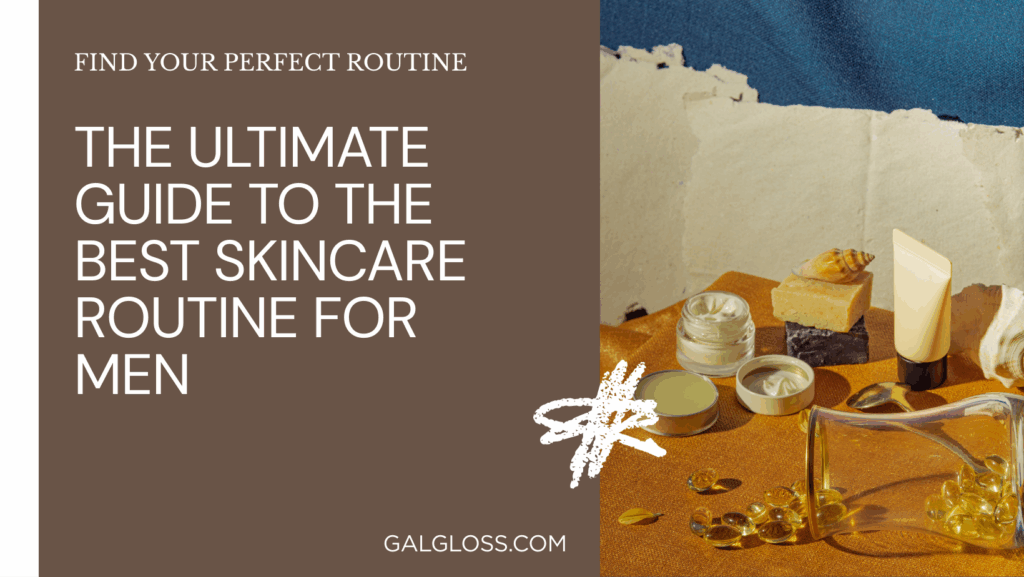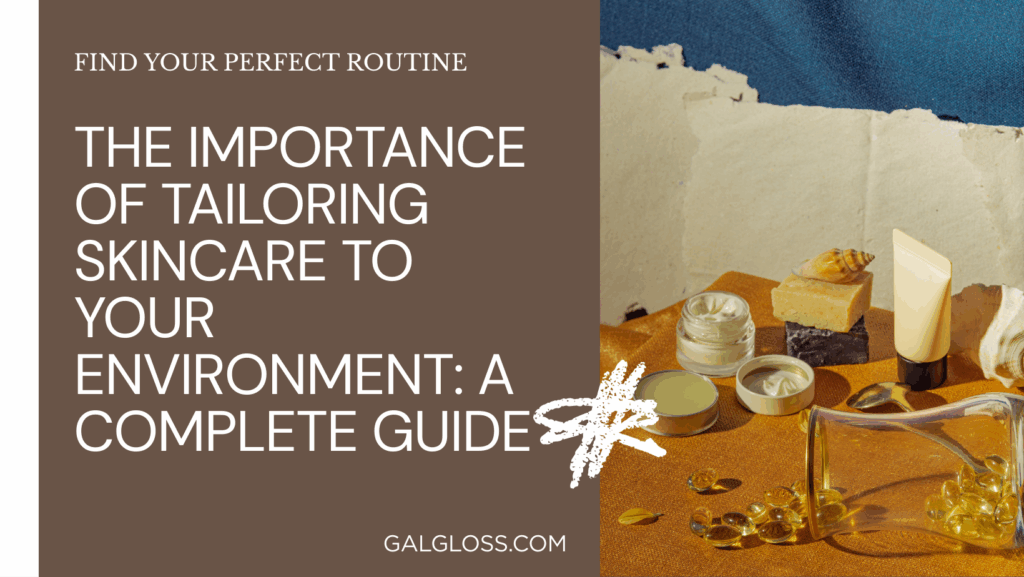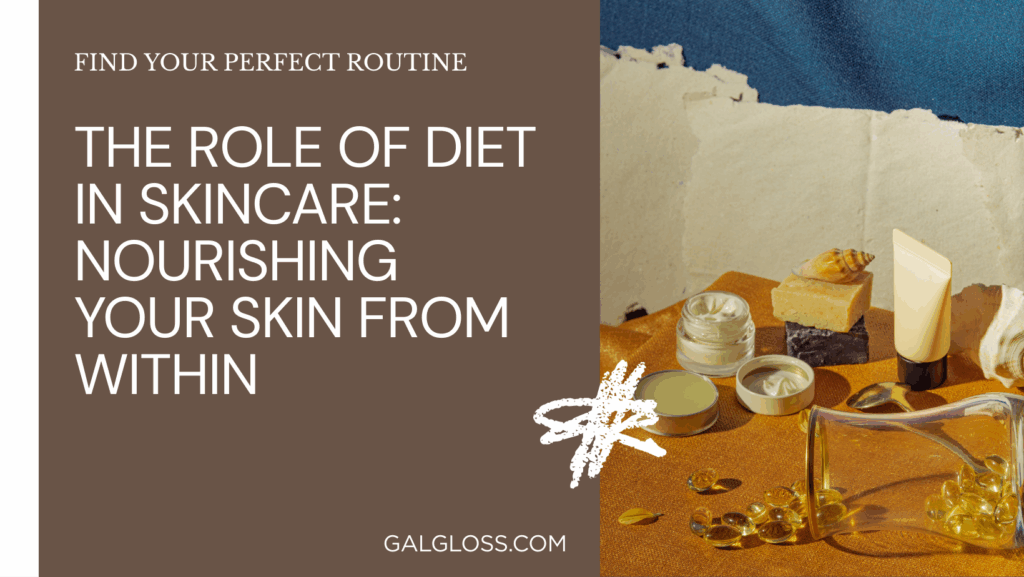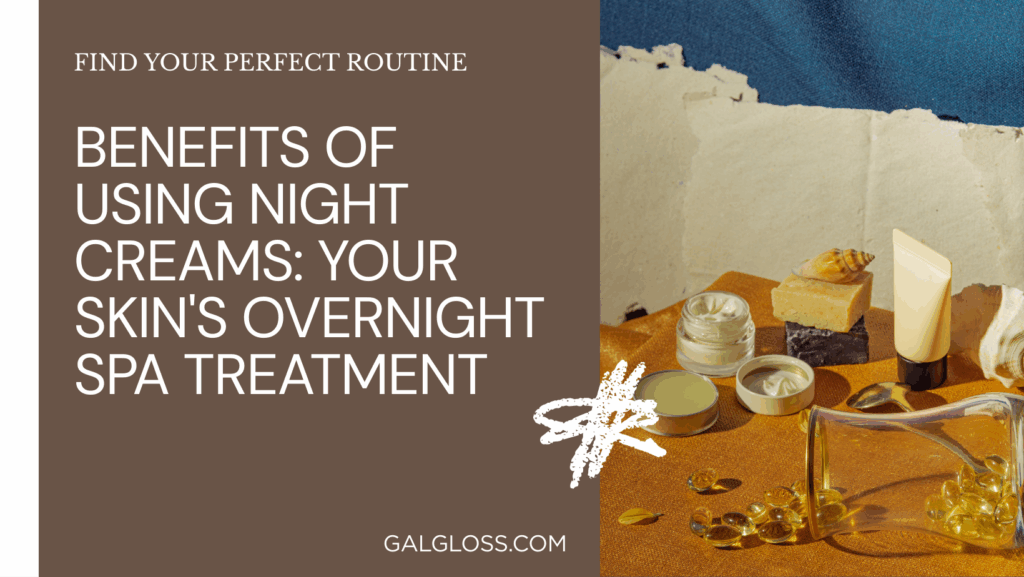Ever feel like you’re drowning in a sea of anti-aging creams, serums, and lotions? You’re not alone. With countless products promising to turn back the clock, choosing the right anti-aging arsenal can be downright overwhelming. But don’t worry – I’ve got your back!
Why does picking the right products matter so much? Well, think of it this way: your skin is like a garden. Use the wrong tools or ingredients, and you might end up with wilted flowers instead of a blooming paradise. The right anti-aging products can help you nurture your skin, keeping it healthy, radiant, and youthful for years to come.
In this guide, we’ll dive deep into the world of anti-aging skincare. We’ll explore everything from understanding your unique skin type to decoding those cryptic ingredient lists. By the time we’re done, you’ll be equipped with the knowledge to choose anti-aging products that’ll make your skin sing with joy.
Understanding Your Skin
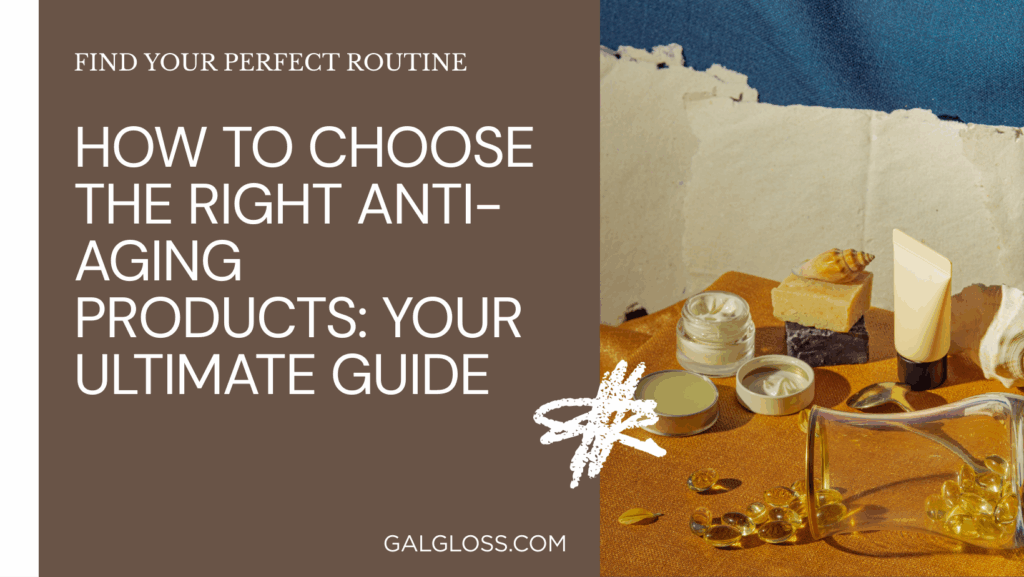
Before you start slathering on products, it’s crucial to know what you’re working with. What’s your skin type? What are your specific concerns?
Determining Your Skin Type
- Dry: Feels tight, may flake or peel
- Oily: Shiny, prone to breakouts
- Combination: Oily T-zone, dry cheeks
- Sensitive: Easily irritated, may sting or burn
Common Signs of Aging
- Fine lines and wrinkles
- Loss of firmness and elasticity
- Uneven skin tone
- Dryness and roughness
- Dark spots or age spots
Take a good look in the mirror. Which of these signs are you dealing with? Knowing your enemy is half the battle!
Key Ingredients in Anti-Aging Products
Now that you know what you’re up against, let’s talk about the weapons in your arsenal. These are the heavy hitters in the world of anti-aging:
- Retinoids: The gold standard in anti-aging. They boost collagen production, speed up cell turnover, and improve skin texture. Start with over-the-counter retinol and work your way up if needed.
- Antioxidants: Think of these as your skin’s personal bodyguards. They fight off free radicals that cause premature aging. Look for vitamins C and E, green tea extract, and resveratrol.
- Peptides: These little proteins are like cheerleaders for your skin, encouraging it to produce more collagen and elastin.
- Hyaluronic Acid: The ultimate thirst quencher for your skin. It holds up to 1000 times its weight in water, plumping up fine lines and keeping skin hydrated.
- Vitamin C: A brightening superstar that fades dark spots and boosts collagen production.
- Niacinamide: A jack-of-all-trades that improves skin texture, reduces fine lines, and evens out skin tone.
How to Read Product Labels
Ever feel like you need a chemistry degree to understand skincare labels? Here’s a crash course:
- Ingredients are listed in order of concentration. The first few ingredients make up the bulk of the product.
- Look for active ingredients near the top of the list.
- Be wary of products that list water as the first ingredient – you might be paying for glorified H2O!
- Watch out for potential irritants like fragrances or alcohol, especially if you have sensitive skin.
Choosing Products for Different Skin Types
One size doesn’t fit all when it comes to skincare. Here’s how to choose based on your skin type:
- Dry Skin: Look for rich, creamy formulas with hyaluronic acid and ceramides.
- Oily Skin: Opt for lightweight, oil-free products. Niacinamide can help control sebum production.
- Combination Skin: You might need to use different products on different areas of your face.
- Sensitive Skin: Stick to gentle, fragrance-free formulas with soothing ingredients like aloe or chamomile.
Building Your Anti-Aging Routine
Ready to put it all together? Here’s a basic anti-aging routine:
- Cleanse: Use a gentle, non-stripping cleanser.
- Treat: Apply serums with active ingredients like retinol or vitamin C.
- Moisturize: Lock in hydration and protect your skin barrier.
- Protect: Never skip sunscreen during the day!
Remember, your morning and night routines might look different. Save your retinoids for nighttime use, and always apply SPF in the morning.
Top Anti-Aging Products by Category
While I can’t recommend specific brands (that would be like picking a favorite child!), here are the types of products to look for:
- Serums: These concentrated formulas pack a punch. Look for vitamin C serums for daytime and retinol serums for night.
- Moisturizers: Choose ones with peptides, ceramides, and antioxidants.
- Eye Creams: Opt for formulas with caffeine to reduce puffiness and peptides to target fine lines.
- Sunscreens: Broad-spectrum SPF 30 or higher is non-negotiable!
When to Start Using Anti-Aging Products
Here’s the thing: the best time to start was yesterday. The second-best time is now!
- In your 20s: Focus on prevention. Sunscreen is your BFF.
- In your 30s: Start incorporating retinoids and antioxidants.
- In your 40s and beyond: Step up your game with more targeted treatments.
Remember, it’s never too late to start taking care of your skin!
Common Mistakes to Avoid
Don’t fall into these anti-aging traps:
- Overusing Products: More isn’t always better. Too many active ingredients can irritate your skin.
- Mixing Incompatible Ingredients: Some ingredients, like retinol and vitamin C, don’t play well together.
- Neglecting Sunscreen: All your anti-aging efforts are in vain if you’re not protecting your skin from the sun.
- Expecting Overnight Results: Patience is key. Give products at least 6-8 weeks to show results.
Natural vs. Clinical Anti-Aging Solutions
Should you go au naturel or embrace lab-made solutions? Here’s the scoop:
Natural Solutions:
- Pros: Often gentler, suitable for sensitive skin
- Cons: May be less potent, results can take longer
Clinical Solutions:
- Pros: Backed by scientific research, often more effective
- Cons: Can be harsher on skin, may have more side effects
The best approach? A mix of both! Use natural ingredients to support your skin’s overall health, and add in clinical solutions for targeted concerns.
The Role of Lifestyle in Anti-Aging
Your skincare routine is just part of the equation. Don’t forget these lifestyle factors:
- Diet: Load up on antioxidant-rich fruits and veggies.
- Hydration: Drink plenty of water to keep your skin plump and hydrated.
- Sleep: They don’t call it “beauty sleep” for nothing!
- Stress Management: Chronic stress can accelerate aging. Find ways to relax and unwind.
- Exercise: Boost circulation and give your skin a healthy glow.
When to Consult a Dermatologist
Sometimes, over-the-counter products just don’t cut it. Consider seeing a dermatologist if:
- You’re not seeing results after several months
- You have persistent skin issues like acne or rosacea
- You’re considering more intensive treatments like chemical peels or laser therapy
A dermatologist can provide personalized recommendations and treatments tailored to your unique skin needs.
Conclusion
Whew! We’ve covered a lot of ground, haven’t we? Choosing the right anti-aging products doesn’t have to be a daunting task. Remember these key points:
- Know your skin type and concerns
- Understand key anti-aging ingredients
- Build a consistent routine
- Don’t neglect lifestyle factors
- Be patient and realistic with your expectations
Your skin is unique, and what works for someone else might not work for you. Don’t be afraid to experiment (carefully!) to find your perfect anti-aging routine.
Remember, aging is a natural process, and those fine lines are a testament to a life well-lived. The goal isn’t to erase all signs of aging, but to keep your skin healthy, radiant, and resilient.
So go forth and conquer those skincare aisles with confidence! Your best skin is waiting for you. And hey, if you ever feel overwhelmed, just remember: even small steps in the right direction can lead to big results.
